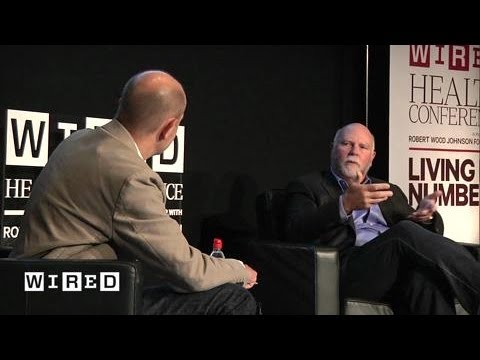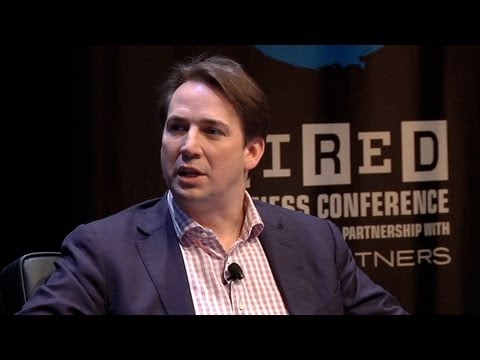Answering Questions About the Universe: Insights from Neil deGrasse Tyson
Summary
In this article, we explore insights from astrophysicist Neil deGrasse Tyson as he answers questions about the universe from the internet. Tyson shares his knowledge on topics such as the birth of stars, quirks in quantum physics, natural disasters, dark energy, and the search for habitable exoplanets. He also discusses the limitations of science and the importance of continuing to explore the world around us.
Table of Contents
- The Birth of Stars
- Quirks in Quantum Physics
- Natural Disasters and Solar Eclipses
- Dark Energy and the Expansion of the Universe
- The Search for Habitable Exoplanets
- The Limitations of Science and the Importance of Exploration
The Birth of Stars
Tyson explains that approximately 100 stars are born each year in our galaxy, which is around 10 billion years old. He also shares that stars are formed from clouds of gas and dust, and that the process of star formation can take millions of years.
Quirks in Quantum Physics
Tyson discusses the concept of quirks in quantum physics, which are placeholder words for phenomena that cannot be seen directly. He explains that scientists use these words to describe what they observe, even though they may not fully understand the underlying mechanisms.
Natural Disasters and Solar Eclipses
When asked about the coincidence of natural disasters occurring after a solar eclipse, Tyson explains that solar eclipses happen every 18 months or so and have been occurring for millennia. He suggests that people have attributed events to solar eclipses for a long time, but that there is no evidence to support a causal relationship.
Dark Energy and the Expansion of the Universe
Tyson clarifies that dark energy is not making the universe expand, but is causing it to accelerate. He explains that the universe is expanding at an increasing rate, which suggests that dark energy is responsible for this acceleration.
The Search for Habitable Exoplanets
Tyson discusses the search for habitable exoplanets, which are planets outside of our solar system that could potentially support life. He shares that there are a few hundred planets in the “Goldilocks zone” where life as we know it could thrive, and that moons of planets like Jupiter could also potentially support life.
The Limitations of Science and the Importance of Exploration
Tyson acknowledges that there are certain aspects of fundamental reality that can only be accessed under specific conditions, and that science aims to decode nature beyond these limitations. He emphasizes the importance of continuing to explore and understand the world around us, and suggests that scientific curiosity has led to greater peace and prosperity in the world.
Conclusion
Neil deGrasse Tyson provides valuable insights into the workings of the universe and the importance of scientific exploration. From the birth of stars to the search for habitable exoplanets, Tyson’s knowledge and expertise shed light on some of the most fascinating mysteries of the cosmos. As we continue to explore and understand the world around us, we can gain a deeper appreciation for the intricacies and wonders of the universe.






